France draws millions of visitors each year with its stunning architecture, world-class cuisine, and rich cultural heritage. Unfortunately, this popularity also attracts opportunistic scammers who specifically target tourists unfamiliar with local customs and warning signs.
These con artists have perfected their techniques over decades, knowing exactly how to spot and exploit unsuspecting travelers. Here is a list of 17 travel rip-offs you’re likely to encounter in cities from Paris to Nice.
Petition Scams

Groups of women and teenagers approach tourists with clipboards, pretending to be deaf-mute and asking for signatures on fake charitable petitions. While you’re reading the petition, accomplices may pick your pockets or pressure you into donating to a fake cause.
This scam is particularly common around Notre Dame, the Louvre, Montmartre, and the Eiffel Tower.
Gold Ring Discovery
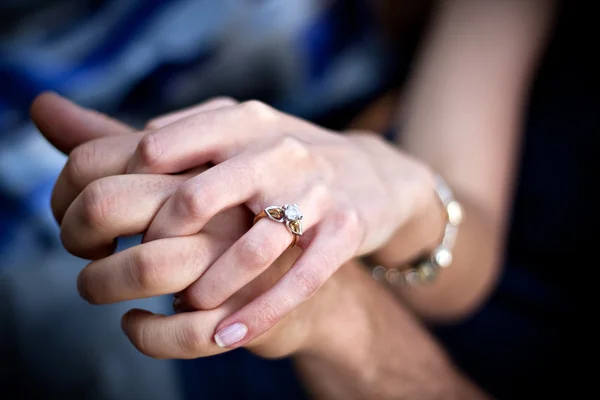
Scammers pretend to ‘find’ a gold ring and ask if you dropped it, then offer to sell it at a bargain price when you say no. This classic trick occurs along the Seine, near the Louvre, and close to major metro stations.
The ring is always worthless costume jewelry, but they’ll pretend they’re doing you a favor.
Like Travel Pug’s content? Follow us on MSN.
String Bracelet Trap
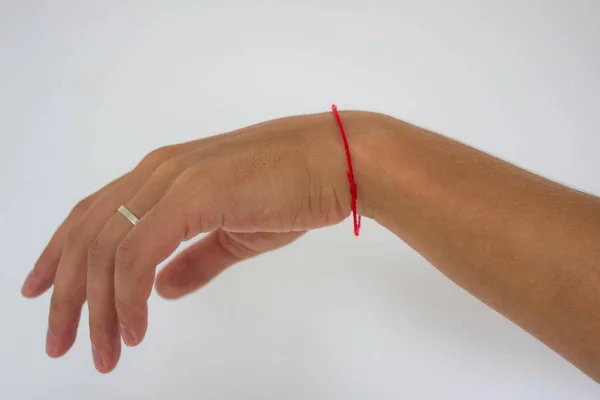
Near Sacré-Cœur and around Montmartre, scammers quickly tie colorful bracelets around tourists’ wrists before they can protest. Once it’s attached, they demand payment and can become quite aggressive if you refuse.
They target women more often and can get very close to you, making this one of the most uncomfortable scams.
ATM Skimming Devices
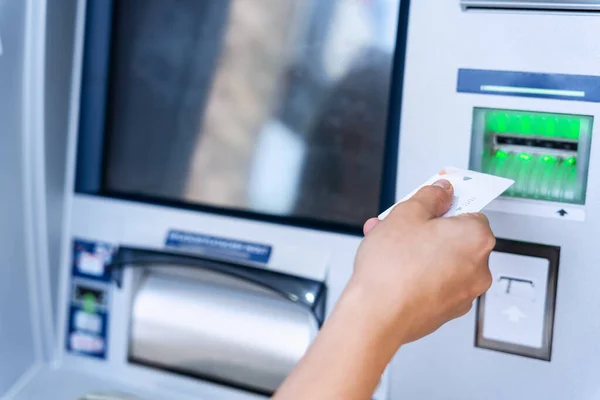
Criminals attach fake card readers and tiny cameras to ATMs in busy tourist areas, copying your card information and recording your PIN. Banks and travel platforms warn tourists to use indoor ATMs and inspect machines carefully.
Always check for anything loose or out of place before inserting your card.
Fake Police Officers
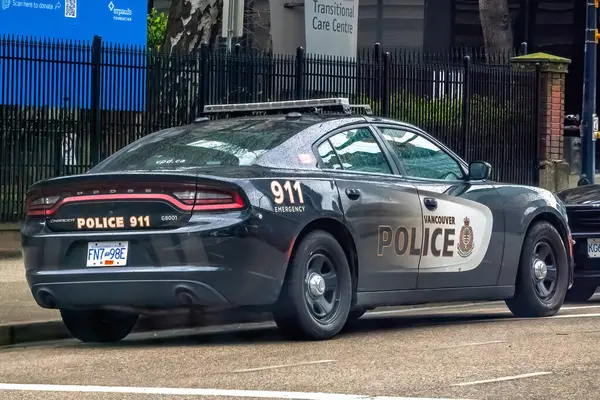
Scammers wearing casual clothes with fake badges stop tourists near Metro exits, demanding to check passports or investigate counterfeit money. They claim portions of your cash are missing after examining your wallet.
Real French police always show proper identification and won’t handle your belongings directly during routine stops.
Like Travel Pug’s content? Follow us on MSN.
Menu Price Switching

Recent investigations show some Paris restaurants overcharge tourists with different menus, items you didn’t order, such as bread or drinks, and inflated mandatory tips. This is particularly common in heavily populated tourist areas like the Latin Quarter and Champs-Élysées.
Always ask to see prices clearly before ordering.
Taxi Meter Manipulation
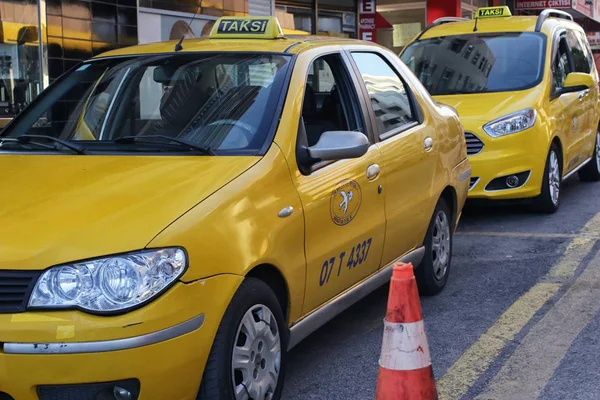
Drivers claim their meter is broken and quote inflated flat rates, or deliberately take longer routes through traffic. Taxi scams are especially common in Nice, where some drivers overcharge, especially from the airport.
Insist on using the meter or use official ride-sharing apps that show routes beforehand.
Fake Charity Workers

People wearing official-looking vests solicit donations with authentic-looking clipboards for causes like landmine victims or orphanages. The fake charity collector scam is particularly common underneath the Eiffel Tower, with 10 or more working the crowd simultaneously.
Legitimate charities typically don’t demand cash donations from random tourists on the street.
Like Travel Pug’s content? Follow us on MSN.
Three-Card Monte Games

Street performers set up gambling games on cardboard, making it look easy to win by following a specific card. These games involve coordinated teams with fake players who pretend to win big.
You’ll never actually win because the entire operation is rigged from start to finish.
Cup Kick Scam

Scammers place transparent cups filled with coins on the ground, then push the cup so you accidentally knock it over while walking. This scam happens near the Tuileries and Louvre, and they often send kids or teenagers to guilt-trip you into paying for the ‘damaged’ coins.
They may also pickpocket you while you’re bending down to help collect the scattered money.
Fake Metro Ticket Helpers
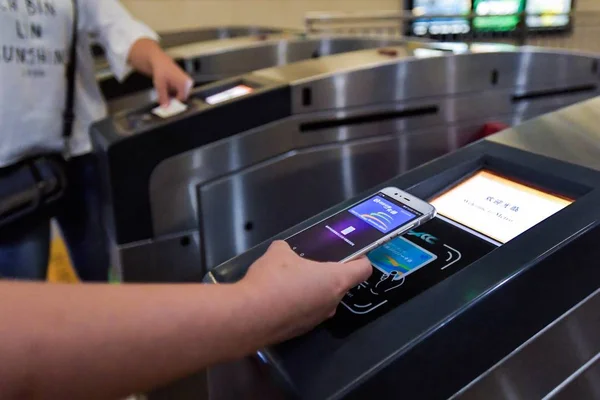
People in normal clothes pose as helpful metro staff and offer to buy tickets for confused tourists at the machines. They purchase child fares or single tickets while charging you for adult carnets (10-ticket books), pocketing the difference.
Always buy tickets directly from official machines or authorized counters.
Like Travel Pug’s content? Follow us on MSN.
Rose Scam

Men with bouquets approach tourists, especially couples at restaurant terraces, offering roses as ‘gifts’ then demanding payment. This is common along Marseille’s old port and around the Seine River in Paris.
They target women and couples, particularly in the Marais and Latin Quarter.
ATM Card Trapping
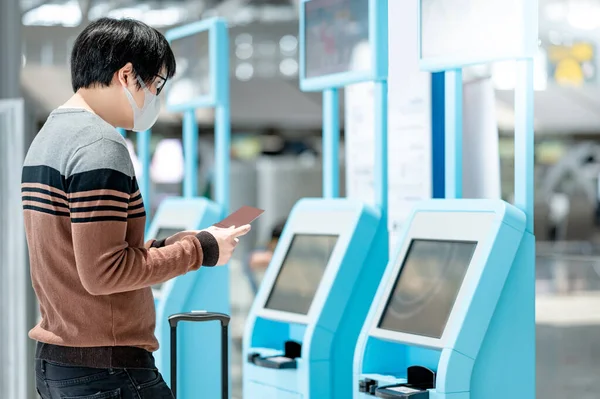
Criminals insert fake slot areas into ATMs that malfunction and trap your card when you try to withdraw money. This scam is particularly reported in Marseille, where scammers wait for you to leave seeking help, then retrieve the trapped card.
Never leave an ATM if your card doesn’t come out – call the bank immediately.
Fake Airport Transport

Unofficial taxi drivers at airports offer rides at reasonable rates, but take you for much longer routes or refuse to use meters. At Nice airport, there’s even a specific tram scam where you can only buy expensive ‘special airport tickets’ instead of regular, cheaper fares.
Always use official taxi ranks and confirm rates beforehand.
Like Travel Pug’s content? Follow us on MSN.
Luggage Help Scam
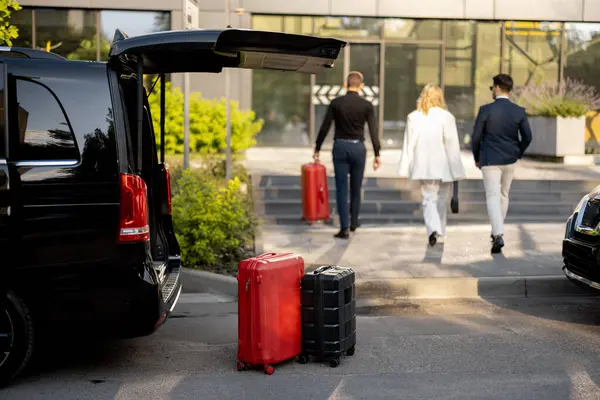
Groups of poorly-dressed locals surround tourists at train and bus stations, offering to help carry luggage. While they appear helpful, they’re working together to distract you and steal your belongings.
Legitimate French people are polite and helpful, but be wary of multiple strangers approaching you simultaneously with offers of assistance.
Nice Transport Validation Scam
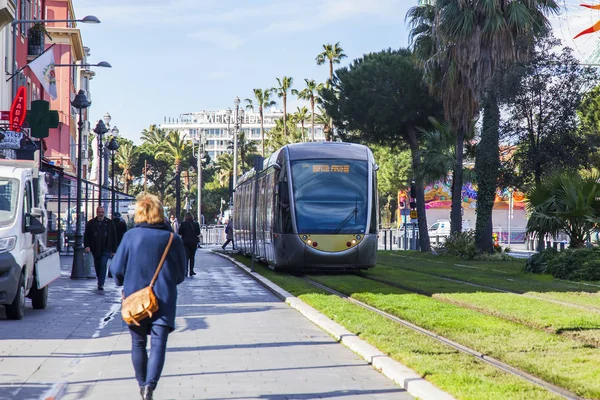
On Nice public buses, there are no obvious signs explaining that tickets must be validated using small white boxes behind the driver. American tourists report being fined 33 euros each when caught with unvalidated tickets they didn’t know needed validation.
This is a deliberate revenue scheme targeting uninformed visitors.
Beach Theft
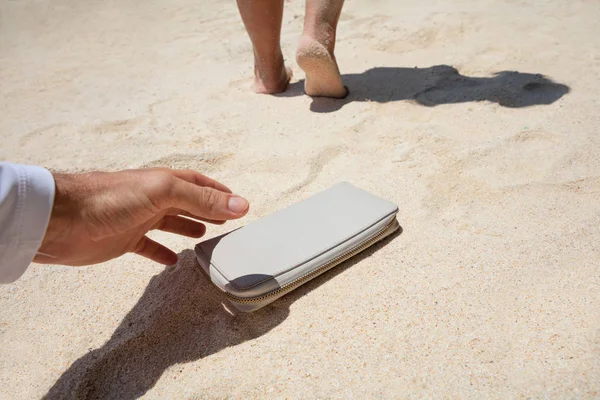
Beach grabs are on the rise along the French Riviera – thieves snatch unattended belongings while tourists swim or sunbathe. It’s better to use your purse as a pillow rather than leaving valuables lying around waiting to be plucked.
The advice is simple: don’t take anything to the beach that would be heartbreaking if stolen.
Like Travel Pug’s content? Follow us on MSN.
From Pickpockets to Professionals
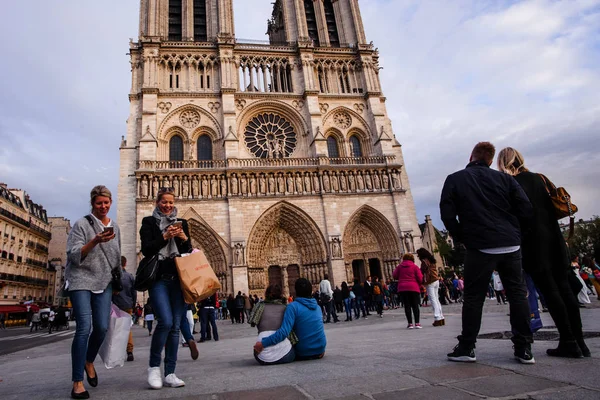
These tourist scams have developed greatly now that tourism is big business in France. What were once merely opportunistic robberies have become complex operations with fraudulent uniforms, forged documents, and organized squads.
Contemporary French con artists analyze the behavior of tourists, identify specific weaknesses, and modify their methods to take advantage of new travel trends and technologies. The secret to visiting France safely isn’t staying away from these lovely cities, but acknowledging these well-reported trends before the scammers notice you as their next victim.
More from Travel Pug

- 20 Best Beach Towns in the Carolinas
- 13 Destinations Where Tourists Regularly Regret Their Trip
- 20 Things You Actually Get in First Class
- 20 Small Airports With Aviation Museums
- 20 Places in the U.S. That Are Perfect for a Reset Trip
Like Travel Pug’s content? Follow us on MSN.
